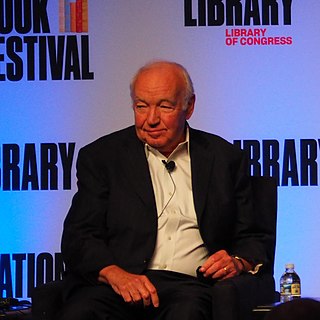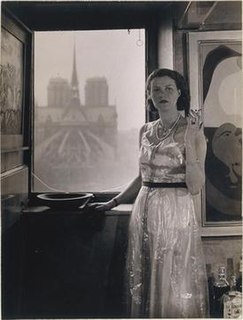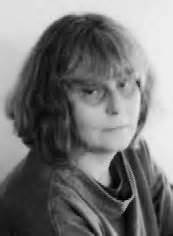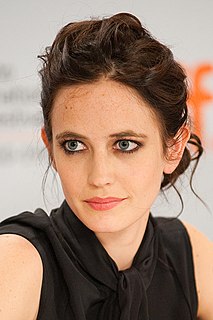A Quote by Joseph Kanon
Venice was always one step removed from what was going on. If you were in Turin or in Milan or one of the industrial centers, you would have had a much more active political constituency. Venice essentially lived for itself.
Related Quotes
... in the eyes of its visitors, Venice has no reality of its own. Anyone visiting the place has already seen so many pictures of it that they can only attempt to view it via these clichés, and they take home photographs of Venice that are similar to the ones they already knew. Venice [is] becoming like one of those painted backdrops that photographers use in their studio.
I think the work is the same in Indie films or blockbuster. It's just a difference when you do all the publicity. It's like another job. I remember the first time I did The Dreamers. I went to Venice; quite a good amount of publicity, a lot of round-tables and TV. I was just not expecting that. I thought I was going to visit Venice, but actually no.
First, my frame of reference for the Britten opera shifted. I'd always thought of Britten's approach in Death in Venice as another exploration of the plight of the individual whose aspirations are at odds with those of the surrounding community: his last opera returning to the themes of Peter Grimes. As I read and listened and thought, however, Billy Budd came to seem a more appropriate foil for Death in Venice.
There were two practical reasons we moved to Venice. One was that there was an artists movement and a countercultural movement. Lots of people we might want to hire lived in the area. We also wanted to buy in a lower rent area that looked like it was going to be gentrified so that we could eventually sell the studio for more money.


































